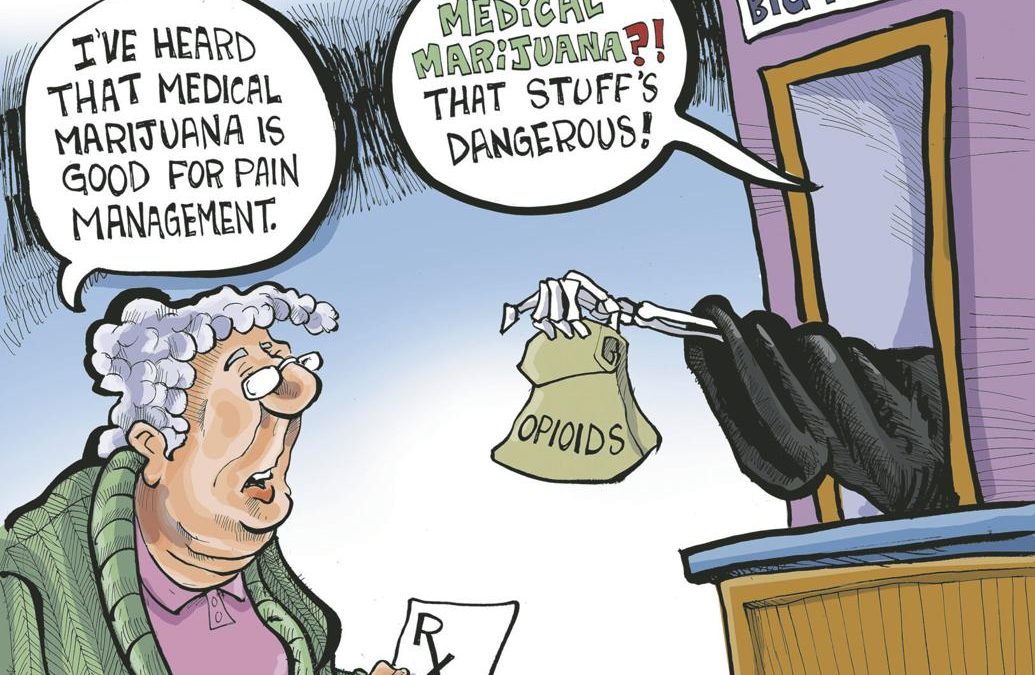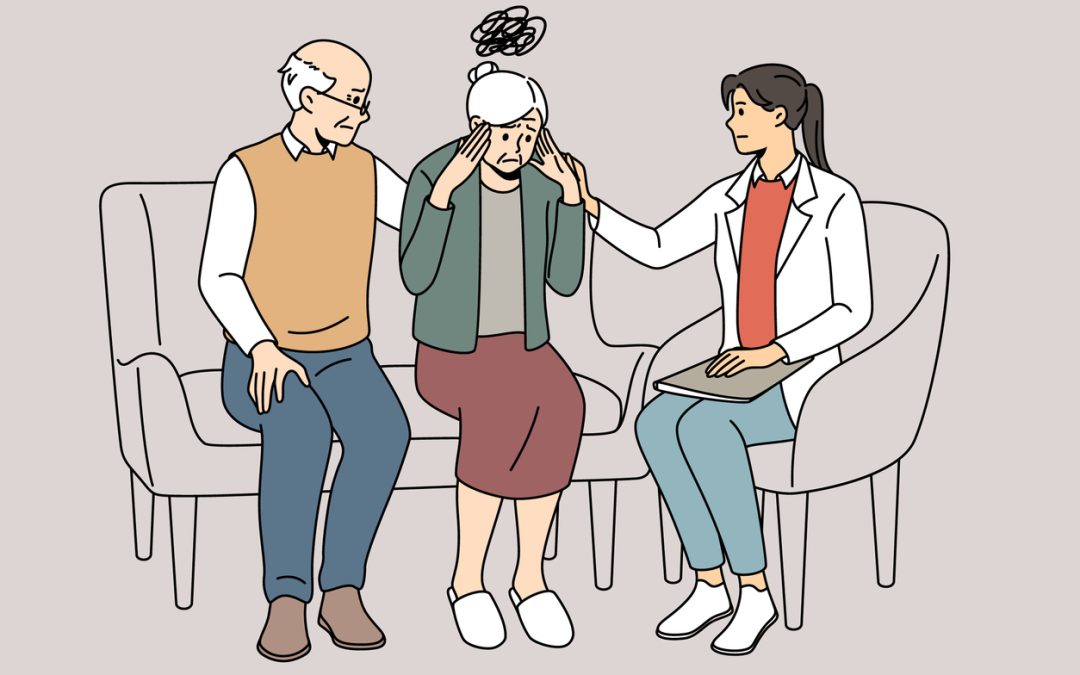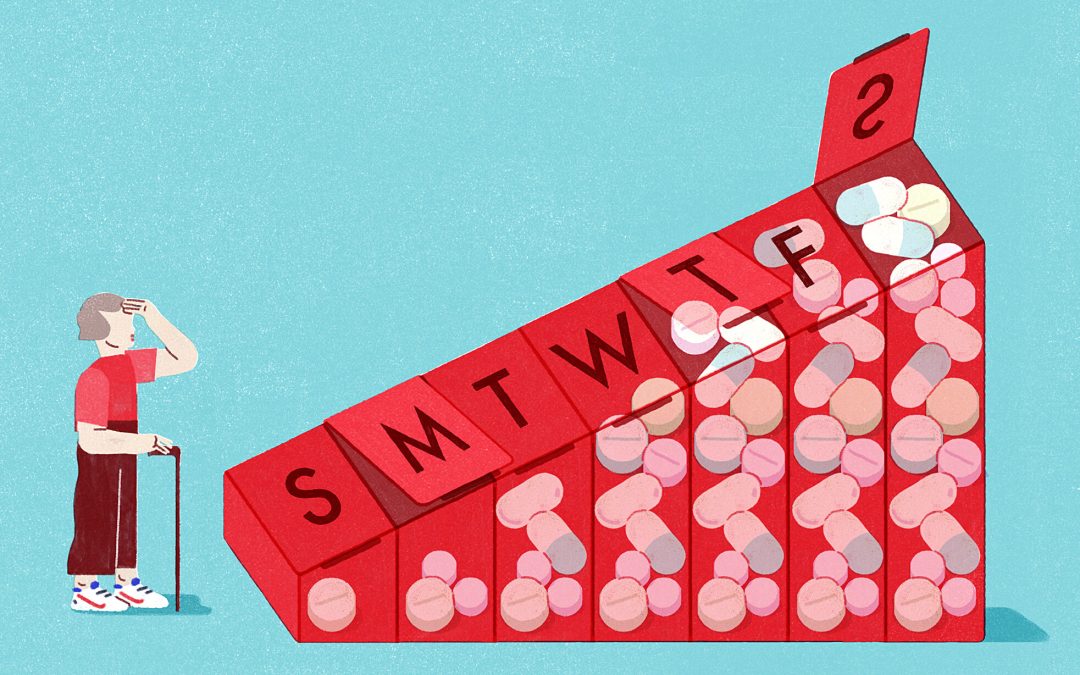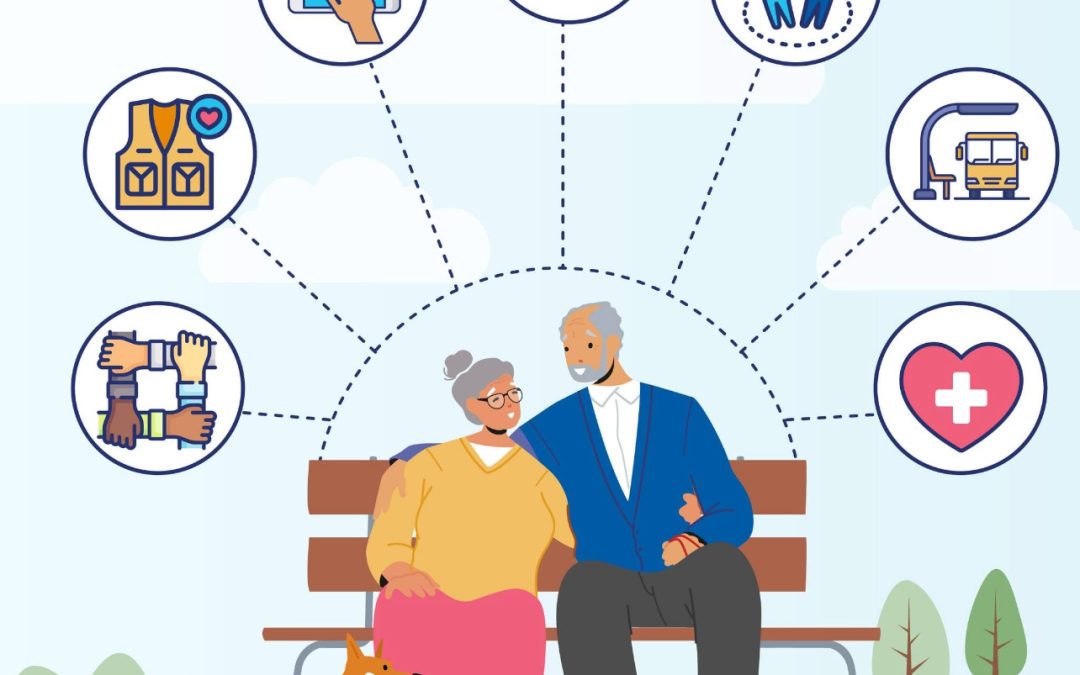On this page, you will find Blog Post 3 – The Medical Model of Aging
This is the page where all Blog 3 posts will be located. You will see a brief summary. If you click on the post summary, the full post will open. Remember to read 4 of your classmate’s posts and comment on at least 2. Here are the instructions for your first blog post.

Eleasha Davis: The Medicalization of Aging
Introduction Working with older adults often means trusting that medical decisions are being made with caution and with their well-being at the highest priority. Rather than focusing solely on healing, medication is frequently used to manage side-effects, behaviors,...

Blog Post 3
The quote that surprised me the most from the readings was, “A lot of Americans have dementia: 5.3 million in 2015, which is more than four and a half more people than have AIDS - and some estimates suggest that only about half the people with dementia has been...
The Medicalization of Aging
Blog Post 3: The Medicalization of AgingBy Tammara A. Beach Reading Chapter 4 in both Overmedicating Old Americans by Cruikshank and Elderhood by Aronson made me think differently about how we treat older adults in this country, especially when it comes to medication....

Medicalization of Aging
After reading both texts, the fact about medication and older adults that surprised me the most was the amount of medication being prescribed to the patients despite knowing or ignoring the harm that is and/or can be caused by it or as Aronson (2019) calls it,...
Medical Model of Aging
When reading about medication and older adults, I was surprised to learn about how many older adults are being prescribed medication and the dosage amount per year. Even more, older adults are being prescribed medicine simultaneously. Continuing, reading about...

The Medicalization of Aging
One of the things that surprised me the most from these readings was how automatic it has become to turn to medication as the “answer” for older adults. Cruikshank (2013) points out that so many drugs are given not because they are the best treatment but because aging...

Blog 3
Something that was surprising to me was that a good percentage of people are prescribed certain medications especially for older adults. This is easy to assume since many older adults take multiple daily medications for illnesses but yet It's still surprising to...

Medical Aging
After reading Cruikshank’s article, it became clear to me that older adults are automatically pushed or pressured into medication. I would think that doctor’s would push for other options, especially when considering something such as age. However, this doesn’t seem...

Blog Post 3 Medicalization of Aging
One fact that mostly surprised me from Cruikshank's Chapter 4 in "Overmedicating Old Americans" is the statistic indicating that older adults in the United States are often prescribed multiple medications, sometimes referred to as "polypharmacy." The idea that many...

The Medicalization of Aging
1. Surprises About Medication and Older Adults: One surprising aspect regarding the medicalization of aging is the extent to which pharmaceuticals are prescribed as the primary solution for various age-related issues. Many older adults face polypharmacy, where they...